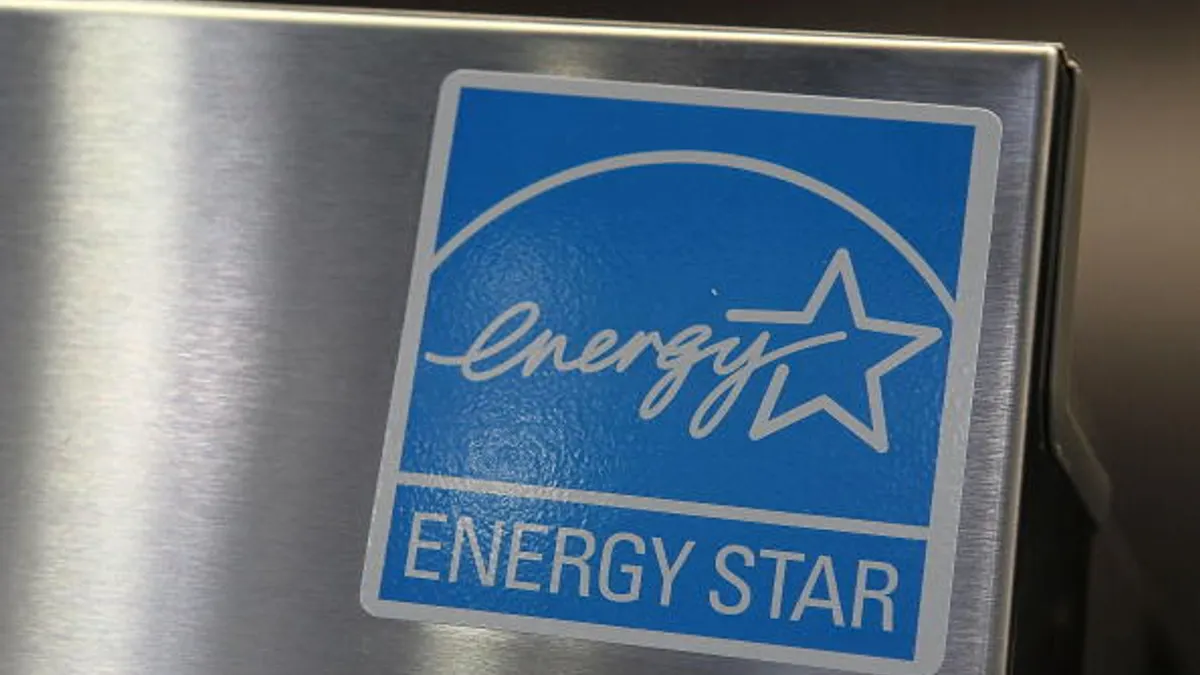Dive Brief:
- Consumers Energy Co. and DTE Energy Co. are planning to cut the rate they pay small hydroelectric generators, potentially forcing the facilities offline.
- There are generators receiving 7 to 8 cents/kWh — and some higher — but the utilities are preparing to offer them the Midcontinent ISO rate of 4.5 cents/kWh.
- Some obvservers fault the Michigan legislature, which has not given utilities guidance on how to set new avoided cost provisions requirements under the Public Utility Regulatory Power Act.
Dive Insight:
Michigan's legislature has offered no guidance on updating avoided cost provisions under PURPA, leading utilities to prepare to make smaller payments to the generators.
Crain's Detroit Business spoke with Victor Leabu, who owns the 750-kW White's Bridge Hydro Co. Consumers Energy pays his company 7.1 cents/kWh, which allows him to maintain a small staff and to profit. But if the rate drops to 4.5 cents/kWh, Leabu said he may have to close. "That would kill us," he said.
A Consumers official told Crain's that the utility has some contracts in the 7 to 8 cents/kWh range, and some even higher, and that those were based on energy costs in the 1980s and 1990s.
"The markets have changed some. We are finding we can replace a number of these contracts with shorter-term energy purchases (through the Midcontinent Independent System Operator), and those prices are lower" David Ronk, Consumers executive director of transactions and wholesale settlements, told the news outlet.
Warren Buffett's Berkshire Hathaway Energy has lobbied Congress to consider altering PURPA and the way it ensures small generating facilities have access to efficient energy markets, exempting utilities participating in a new western market from requirements they purchase energy from PURPA-designated qualifying facilities.
Access to markets for smaller generators and the development of a broader resource base were key points behind the development of PURPA. In Michigan, Leabu said he wants to see language inserted into the state's energy bills which would clarify that PURPA requirements remain in effect for generators under 20 MW.














